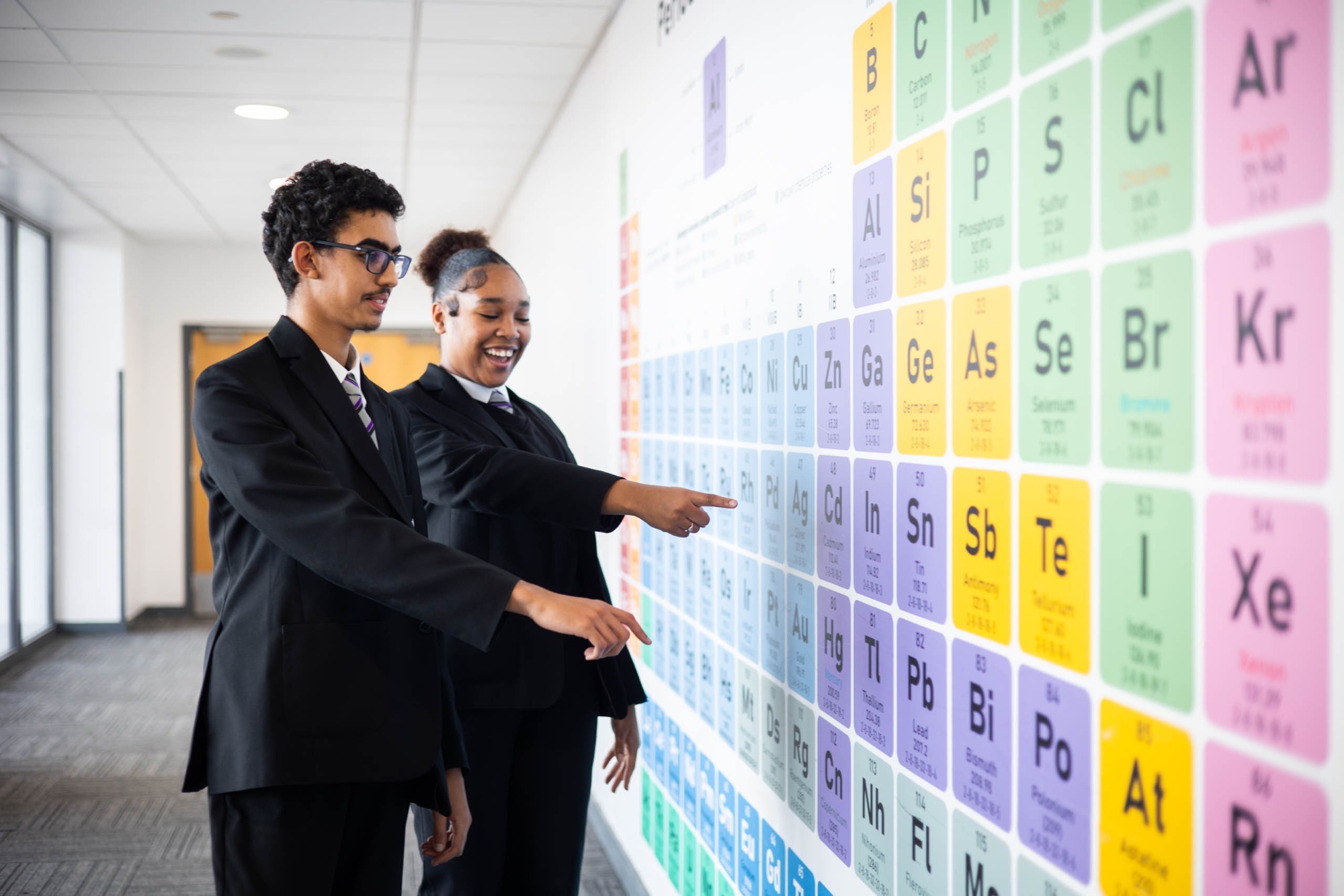Halal Information
Introduction
At Nottingham Academy we believe that pupils need to be active participants in their own education and to feel that their opinions will be heard. We have recently set up a Pupil Parliament to enable pupils to take responsibility for changes they wish to see at Nottingham Academy.
Following a review of catering provision at the Academy the Pupil Parliament have begun a consultation regarding the introduction of halal chicken to our canteen menu from September 2018. Therefore the Academy Senior Leadership Team has taken the decision to consult our Academy community regarding the introduction of halal chicken.
To help parents make an informed decision regarding the introduction of halal chicken. The information below is provided.
Parents are asked to complete a short survey so that we can establish the opinion of our parents and carers. Please read the information and access the survey at the bottom of the page.
Proposal
In summary: to introduce Halal chicken to Greenwood Campus Site 1 and 2, Primary Campus. All chicken products will be produced with halal chicken from September 2018.
Context
Pupils across Greenwood campus have shown some interest in having halal chicken as an option. 51% of the 728 pupil surveyed about our canteen responded by saying they would purchase halal meat if on offer. This was raised on the grounds of treating all our pupils equally.
Across the Academy, we currently do not cater for our Muslim communities’ dietary needs. It is our obligation to meet the needs of all of our pupils and by introducing halal chicken we will be providing a fairer and more varied menu for all of our pupils.
Equality Act 2010
The Equality Act 2010 provides a single, consolidated source of discrimination law, covering all the types of discrimination that are unlawful. In England and Wales the Act applies to all maintained and independent schools, including Academies, and maintained and non-maintained special schools.
The Equality Act 2010 makes it unlawful for the responsible body of a school to discriminate against, harass or victimise a pupil or potential pupil:
- in the way it provides pupils access to any benefit, facility or service
3:14 of the Act also states that it is discrimination and therefore unlawful to treat ‘a person less favourably than another person is or would be treated, because of their religion or belief’.
Nottingham Academy takes this responsibility very carefully and considers it an obligation to ensure that all our pupils are treated equally.
What is Halal?
Halal means ‘permissible’ in Arabic and describes anything that is allowed under Islamic law. Although it is most often used to describe food and drink, halal can refer to any object or activity. On the other hand, anything not allowed is referred to as haram.
Challenging misconceptions
There are many misconceptions regarding halal meat. For this reason it is important to not only acknowledge these misconceptions, but also to inform so that all stakeholders can make knowledgeable decisions about what they eat. Methods of slaughter are often the most common objection to halal meat products. The halal method of slaughter called Zabeeha, whereby a fully trained Muslim slaughter man invokes the name of Allah and then immediately cuts the animal's carotid artery, is considered by the RSPCA and the European Food Safety Authority (EFSA) as a humane method of slaughter on offer in the UK and offers the greatest benefit for animal welfare. To facilitate this, the stunning of the animal before slaughter is a common practice. According to Food Standards Agency (FSA) and Halal Food Authority (HFA) 90% of animals in the UK slaughtered by halal methods are stunned beforehand in a way that many Muslims find religiously acceptable. The Qur'an does not expressly forbid stunning.
Three methods of slaughter
Stunning, the most commonly used method of poultry slaughter, is the process of rendering animals immobile or unconscious prior to slaughtering them for food. This method of slaughter ensures that the animal is relaxed and does not witness other animals being slaughtered, avoiding unnecessary suffering, pain and distress. There are three methods of poultry slaughter:
*Gas killing
- The majority of poultry in the UK are now killed using gas.
- Birds remain in their transport crates and are placed into a gas system where they are exposed to mixtures of air and gas, until dead.
- This method avoids the need to handle and 'shackle' live birds, so has some welfare advantages.
- The conveyor belt then moves the birds to a mechanical neck cutter, which cuts the major blood vessels in the neck.
- UK law states that animals must be killed, not just stunned, using this method.
Halal stunning
- Birds remain in their transport crates and are placed into a gas system where they are exposed to a controlled atmosphere of UV light and gas. This causes the bird to sleep without killing it.
- This method avoids the need to handle and 'shackle' live birds, so has some welfare advantages.
- The conveyor belt then moves the birds to a fully trained Muslim slaughter man, who then cuts the major blood vessels in the neck while saying the name of Allah.
*Electrical stunning
- Birds are hung upside down by their legs on metal shackles along a moving conveyor belt.
- They move along the production line to a stunning water bath; when the bird’s head makes contact with the water, an electrical circuit between the water bath and shackle is completed, which stuns the bird.
- The conveyor belt then moves the birds to a mechanical neck cutter, which cuts the major blood vessels in the neck.
- Live bird shackling causes pain, and hanging birds by their legs is stressful for them.
Academy demographic (Muslim Religion)
28.4% of pupils have set their religion as Muslim across the whole academy of 2945 pupils.
Greenwood Campus - 36.04% of pupils (537 of 1490) including primary, KS4 and KS5 pupils, have set their religion as Muslim across the site.
Greenwood Campuses two - 28.06% of pupils have set their religion as Muslim across the site.
These figures do not take into account the number of parents/ carers who chose not to select a religious identity upon registration of their child(ren) at Nottingham Academy.
Click here to access the pupil survey
Click here to access the Parent survey
*https://www.rspca.org.uk/adviceandwelfare/farm/slaughter/factfile


